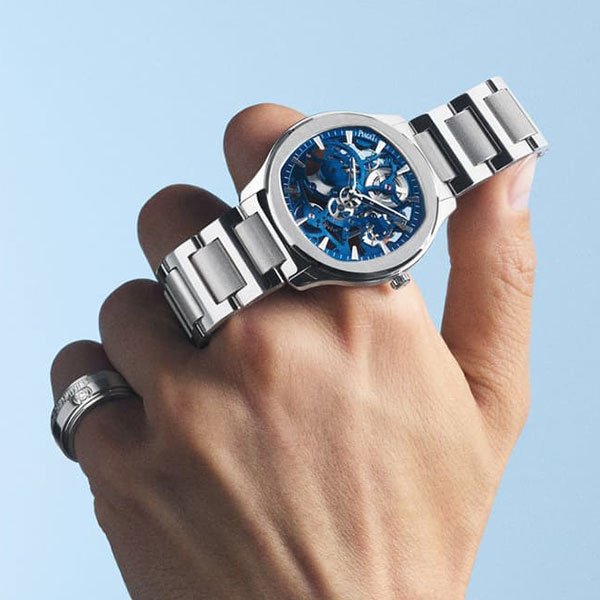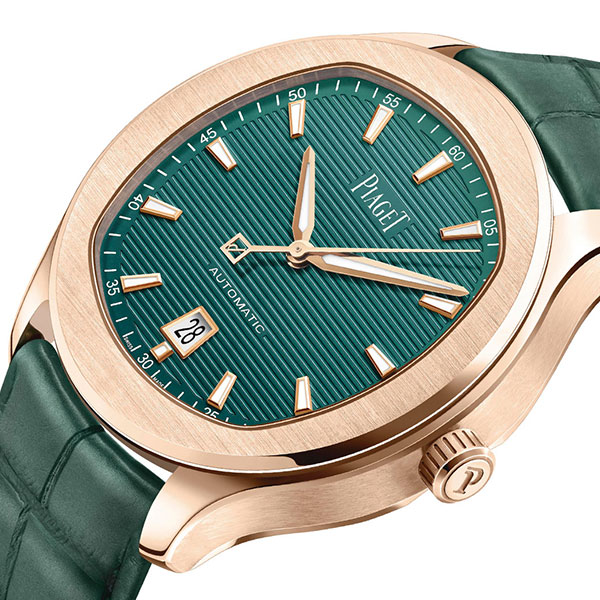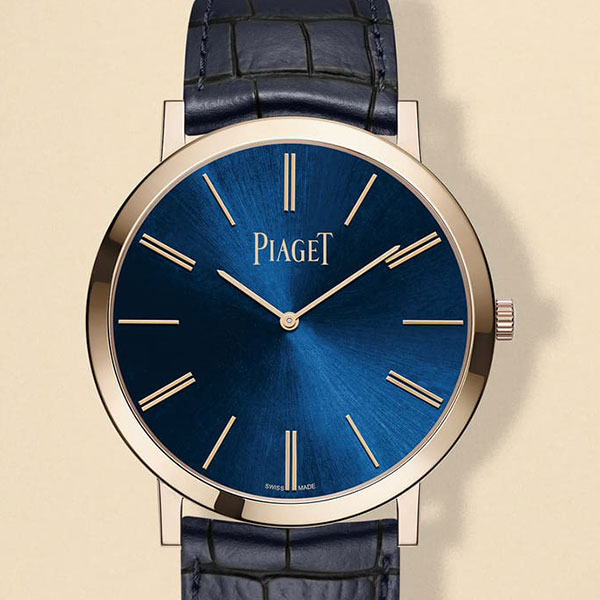- All Watches
-
-
-
Brands (A-C)
-
Brands (D-H)
-
Brands (I-P)
-
Brands (R-Z)
-
-
- Buying Watches
- Articles
- About Us
- Contact Us
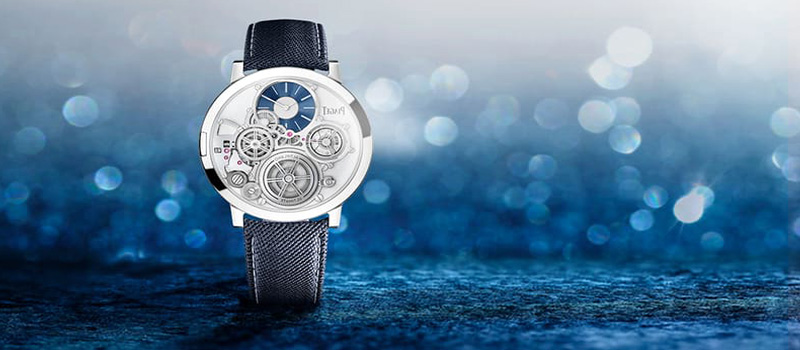

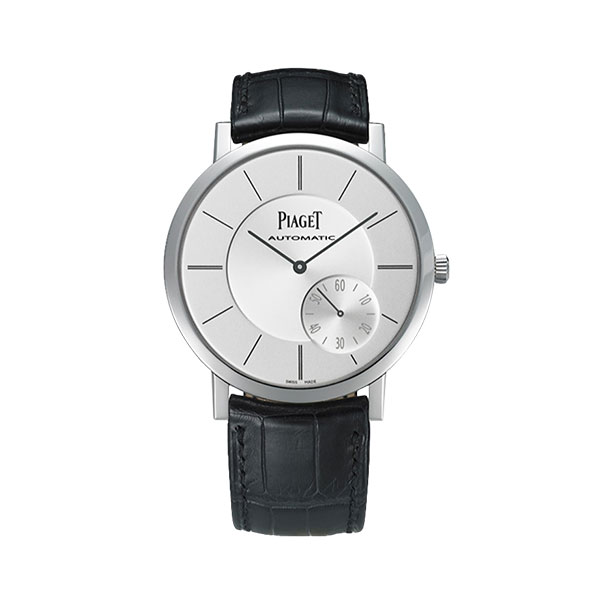
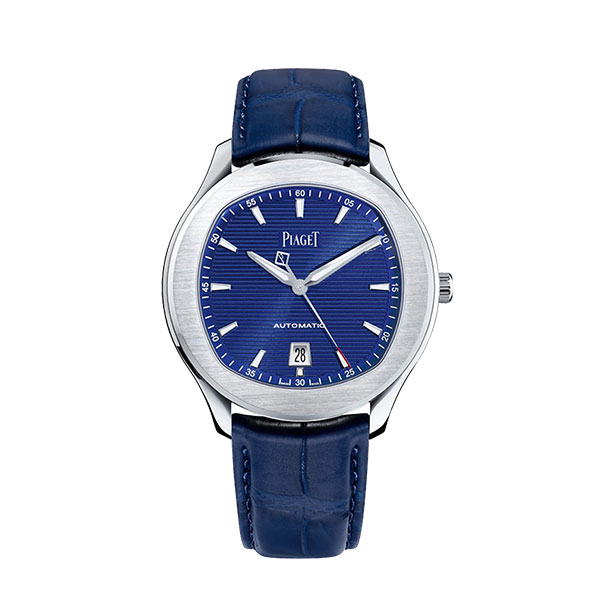
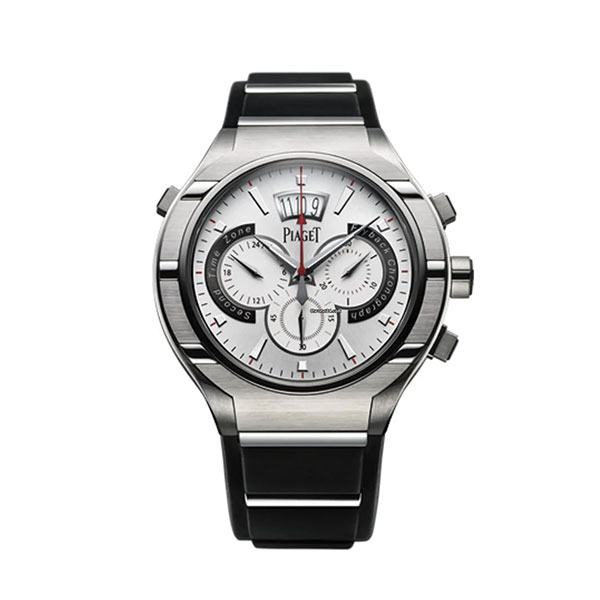
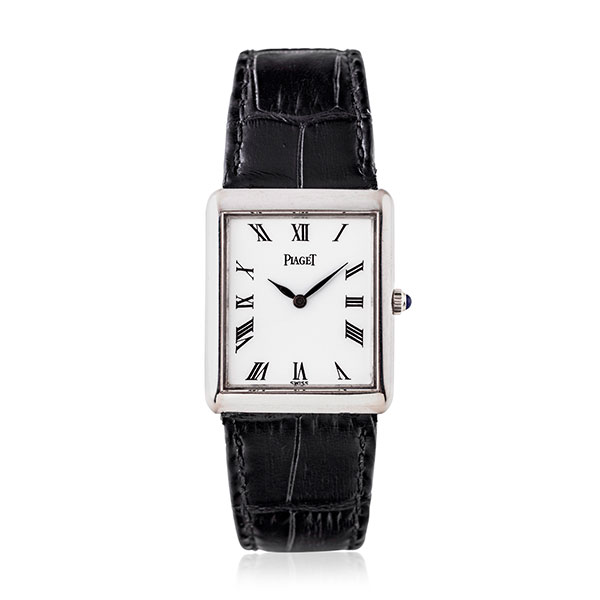
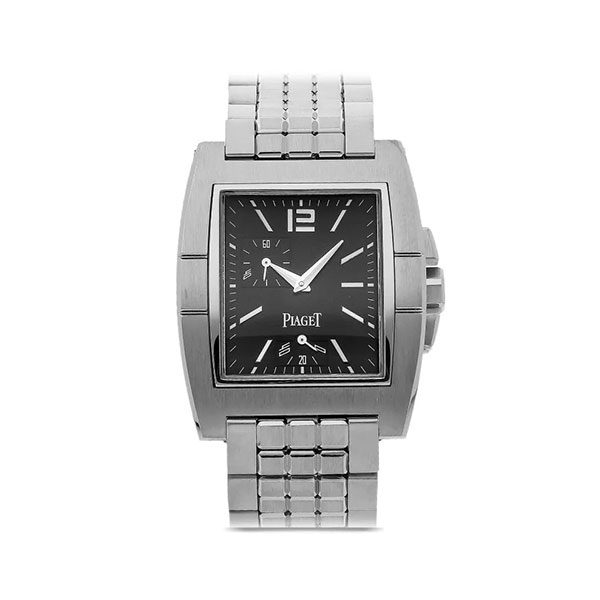
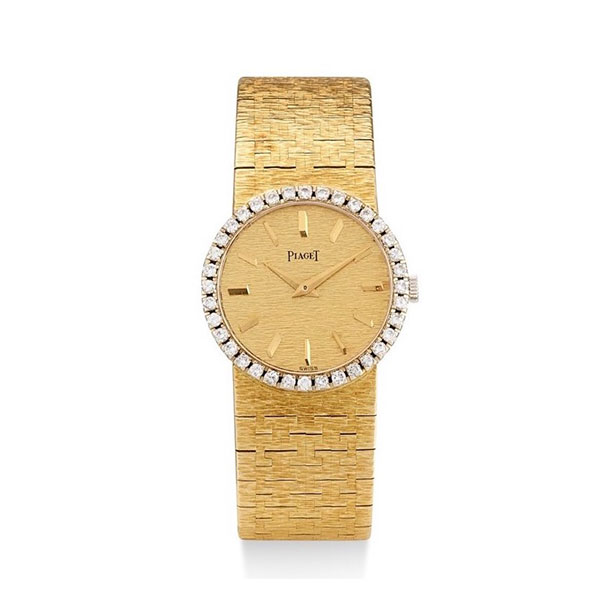
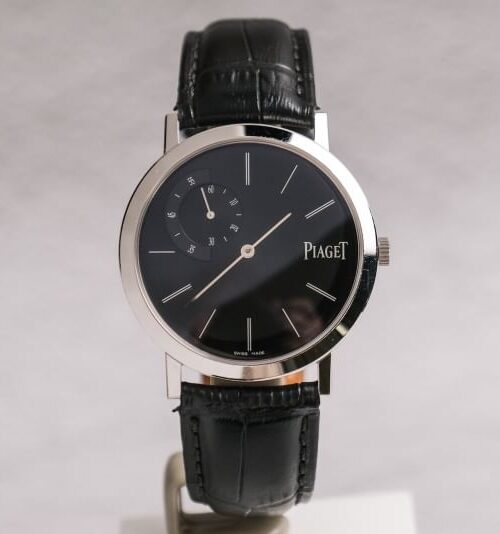

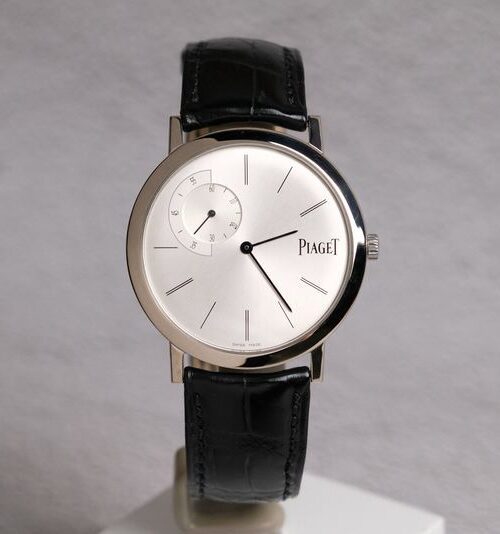



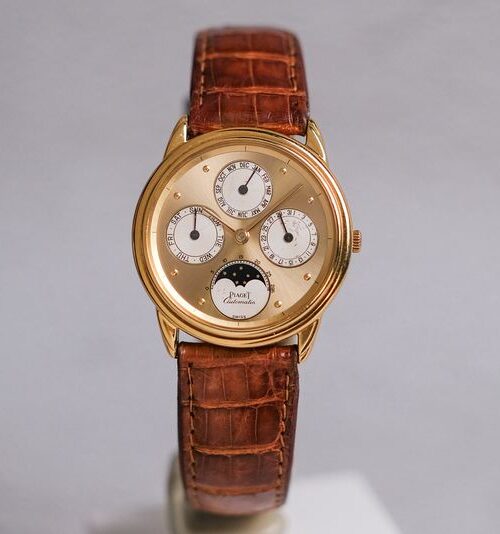

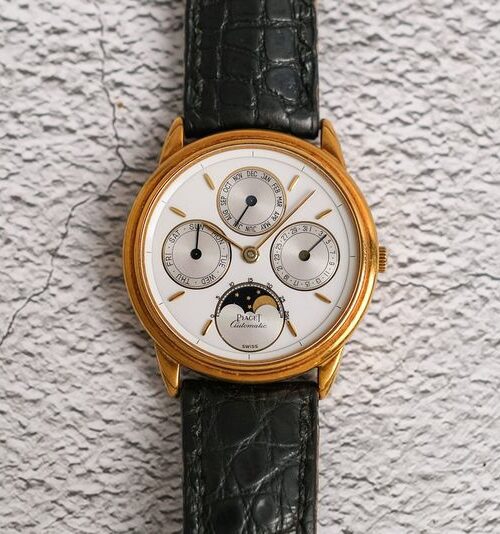

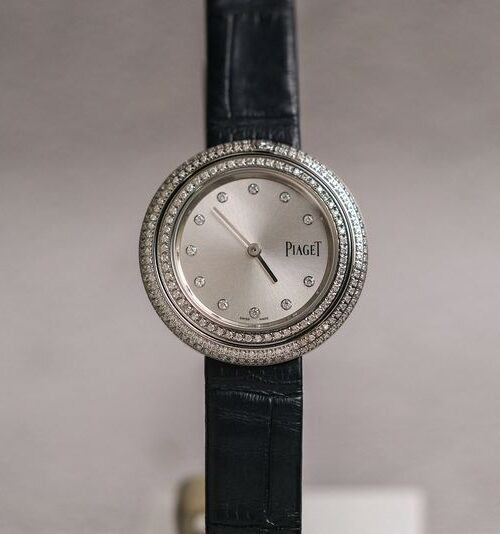

At the age of 19, Georges Édouard Piaget opened a small watch workshop on his parents' farm in the Swiss town of La Côte-aux-Fées in 1874. He initially focused on component manufacturing. High-precision mechanisms and calibers Within a few years He has supplied his creations to major brands in the Swiss watch industry.
Timothée Piaget, son of Georges-Édouard took the company in a different direction in the 1920s under his leadership. They changed from a supplier to an independent watch manufacturer. Gerald and Valentin Piaget, grandsons of the company's founders Continuing their father's work, the family name was registered as a trademark in 1943. The brothers also began producing watches with ultra-flat bezels. This is a trend that business continues to this day.
“Always do better than is necessary” – that was the motto of Georges Édouard Piaget, founder of the watch company, since 1874. This guiding principle still permeates Piaget’s watch and jewelry collections today. For example, its flagship timepieces They have complex in-house calibers with complications such as the Perpetaul Calendar and Minute Repeater. They also produce highly accurate tourbillon watches. Skeletonized watches and pieces adorned with hundreds of diamonds complete this Swiss manufacturer's impressive catalog.
Piaget has spent more than 50 years setting new records for the world's flattest watches in various categories. For example, they launched the manual Caliber 9P in 1957. The movement was only 2 mm thick. They did this. Three years later, the 12P automatic caliber with micro-rotor, with a thickness of 2.3 mm, held the title of the world's smoothest automatic movement for decades. Piaget now holds the record for the world's flattest mechanical watch with the Altiplano Ultimate Concept. It has a total height of only 2 mm.
